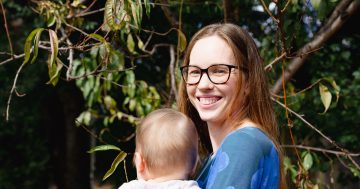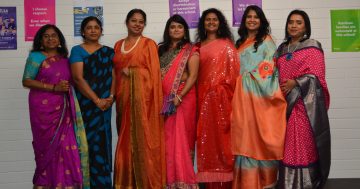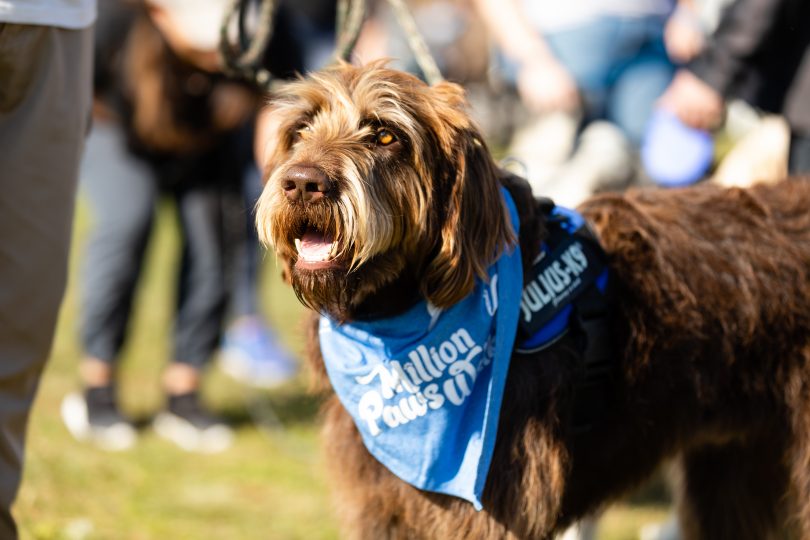
The popular RSPCA Million Paws Walk is just one of many valuable fundraising events cancelled due to COVID-19. Photo: File.
Three of Canberra’s leading non-profit organisations admit that hosting fundraising events in the current COVID-19 lockdown is virtually impossible, but say they are thankful for some silver linings resulting from the situation.
Frontline services look to the post-COVID-19 future
As COVID-19 restrictions begin to ease across the community, frontline services say we'll feel the effects for a long time to come. We spoke to the RSPCA ACT, Menslink and Karinya House about how they are facing the future.
Posted by The RiotACT on Wednesday, May 6, 2020
Karinya House director Marie-Louise Corkhill said her service for women in crisis had to cancel major fundraising activities, including its Karinya House Annual Mother’s Day Gala, while the RSPCA has asked its supporters to safely take dogs for a walk in their neighbourhood or backyard and log their steps to raise funds instead of holding the annual Million Paws Walk as a major event. Menslink, an organisation supporting young men in Canberra, was also forced to cancel its major fundraiser, the 2020 Big Night Out in March.
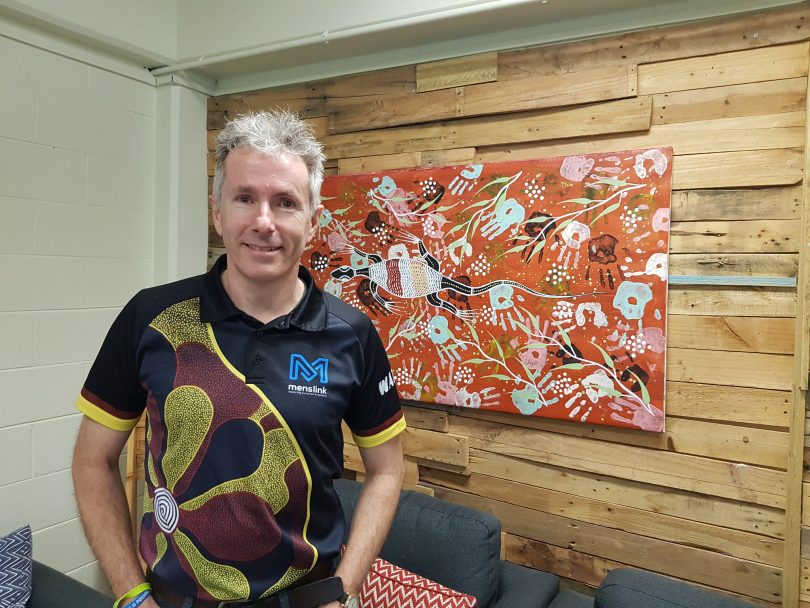
Menslink CEO Martin Fisk and his team have been forced to cancel their charity organisation’s major fundraiser, the Big Night Out 2020, due to COVID-19. Photo: Supplied.
Menslink CEO Martin Fisk admitted that without government support, most charities would be in financial difficulty.
“I must admit both the ACT Government and the Federal Government have been fantastic,” he said. “If we didn’t have those stimulus packages it would be a very dire situation, I’m sure, for all three of our organisations.”
RSPCA CEO Michelle Robertson said they relied on the community for financial support, and highlighted the benefits to mental health of owning a pet, urging people to adopt an animal from the service.
“As my colleagues have said, we rely on the community so, unfortunately, nothing is looking better on the financial side so we are very reliant on continued support,” she said.
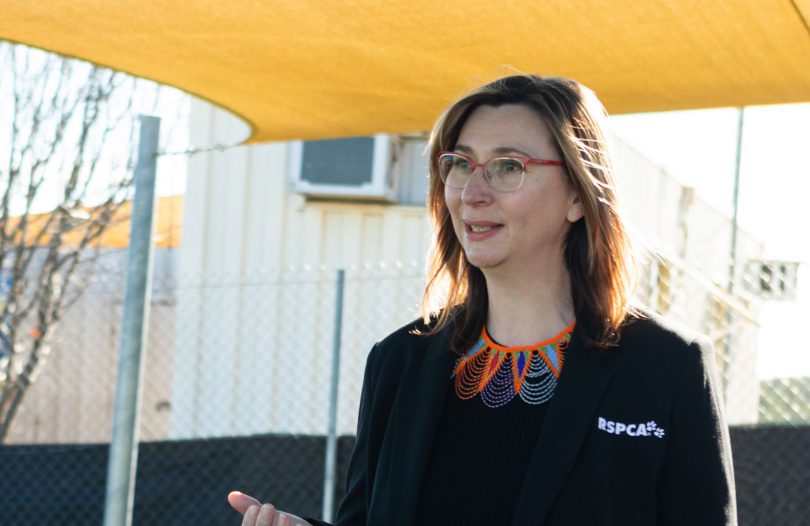
RSPCA CEO Michelle Robertson says charity organisations are very reliant on continued support. Photo: Region Media.
“If you are considering adopting – if this is something you have thought about – please adopt. Don’t shop, come and see us. We’ve got animals available every single week. We are not able to work from home because we have to look after the animals in our care.
“But don’t come and visit us if you don’t want to adopt,” she added, referring to COVID-19 social distancing measures.
The charity sector has been forced to embrace information technology, change and innovation, and find different ways to deliver services to clients.
Mr Fisk said he is enjoying holding one-on-one meetings while walking in Canberra, and rather than delivering counselling sessions online by video or teleconference, volunteer mentors are using social distancing and walking to deliver support.
“When all of this came about, we, like every other service, went for everything online – social distancing for everything,” he said. “We went out and asked our mentors, parents and the young guys themselves would they like to go for a walk. We’ve had such an incredible take-up of something as simple as walking around the block.”
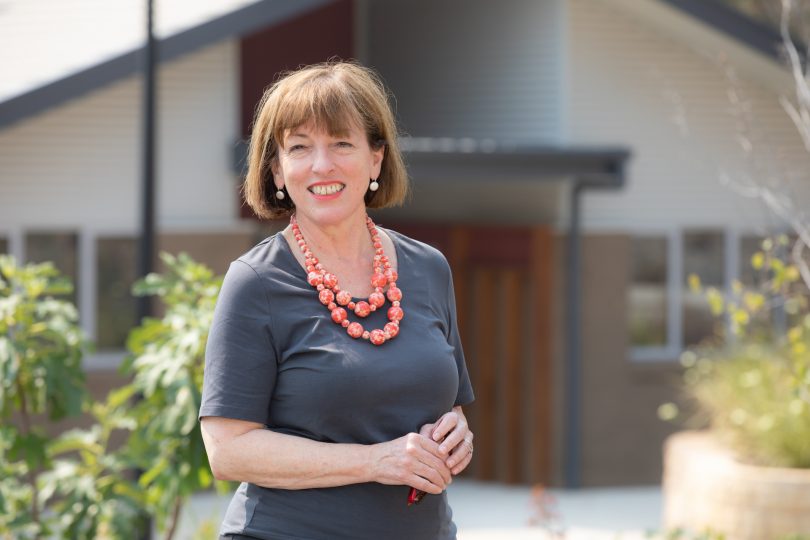
Marie-Louise Corkhill, director of Karinya House, a service for women in crisis. Photo: Region Media.
Karinya House has also modified how it is working and delivering services.
“I think the main thing is we’ve been pushed into being completely IT savvy,” said Ms Corkhill, “So we’re working from home. We’ve done all sorts of things we haven’t done before.”
Ms Robinson concurs: “We’ve had to change every single way we operate and that brings a whole bunch of challenges because we are resource poor. But luckily we are well practiced at being adaptive and innovative because we don’t have resources. But it has been very, very difficult and there’s still a long road ahead.”
If you would like to support Menslink, the RSPCA or Karinya House, donations can be made through their websites.












